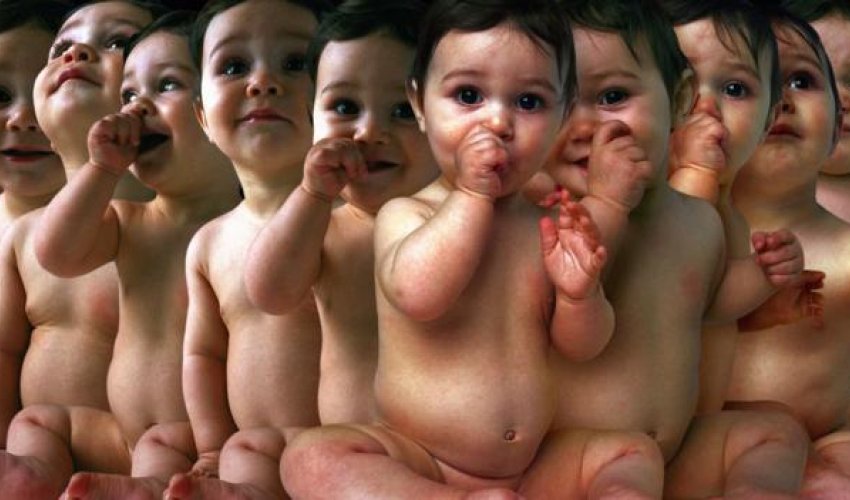Did one woman really give birth to 69 children?

If British tabloids had existed in the 18th Century, they would have gone utterly barmy over the family of Russian peasant Feodor Vassilyev.
Why? His first wife – whose name is lost to history – holds the widely cited world record for bearing the most children.
According to a local monastery's report to the government in Moscow, between 1725 and 1765 Mrs Vassilyev popped out 16 pairs of twins, seven sets of triplets and four sets of quadruplets, over 27 separate labours. The grand total: 69 children.
You can only imagine how a present-day newspaper editor would react to such fecundity, especially given the tabloid clamour in recent years over octuplet mother Nadya "Octomom" Suleman, who has 14 children, or the Radford family in Britain, which has 16 kids – and a TV show.
So, is it even possible to birth 60+ children? "It sounds fantastical. I mean, 69 kids? C'mon!" says James Segars, director of the Division of Reproductive Science and Women’s Health Research at Johns Hopkins University.
I decided to dig a bit deeper into this astonishing – and seemingly dubious – claim, by consulting reproduction experts. My hope was to discover the fundamental limits to how many children a woman could ever naturally have. But along the way, I also discovered that if you take modern science into account, a woman could, in theory, become the mother to more children than we ever thought possible.
First, let’s consider the mathematics of the Vassilyev report. Would she have had enough time for 27 pregnancies in the 40 year-span that is claimed? Initially, the answer appears to be yes, especially if you take into account the fact that triplets and quadruplets are usually birthed after shorter-than-average terms.
Some rough calculations: 16 twins times 37 weeks; seven triplets times 32 weeks; four quadruplets times 30 weeks. Add it up, and Mrs Vassilyev would have been pregnant for 18 years of the 40 years – half of the time, or two-decades-worth of craving pickles and ice cream.
But whether that would be possible in reality is another matter.
For starters, could she have been fertile enough over such a long time period? Women typically go through menarche at around age 15, when their ovaries begin releasing usually a single egg every 28 days. This ovulation continues until the egg supply, insofar as we know, is exhausted at menopause, the typical onset of which is 51 years of age.
Well before menopause, though, women's fertility plummets. "The percentage chance of having a baby per cycle when a woman is 45 [years old] is about 1% per month," says Valerie Baker, an associate professor of obstetrics and gynaecology at the Stanford School of Medicine.
As women get older, egg quantity and quality diminish. Halfway through fetal development, unborn females have as many as seven million immature egg cells, but they are born with closer to only one million eggs. Only a few hundred thousand eggs then persist into adulthood. And of these legions, technically known as follicles, something like 400 ever mature and eventually ovulate, assuming a 30-year span of potential childbearing.
The last of these eggs, ovulated late in a woman's fertility window, have far higher chances of accruing damage and mutations, such as chromosomal abnormalities. Many pregnancies with these atypical eggs self-terminate.
"Most women don't get pregnant past 44, 42 [years of age]," says Segars. "But you'll occasionally hear of people pregnant in their late 40s."
(BBC)
www.ann.az




































 Photo
Photo 



 Video
Video 

